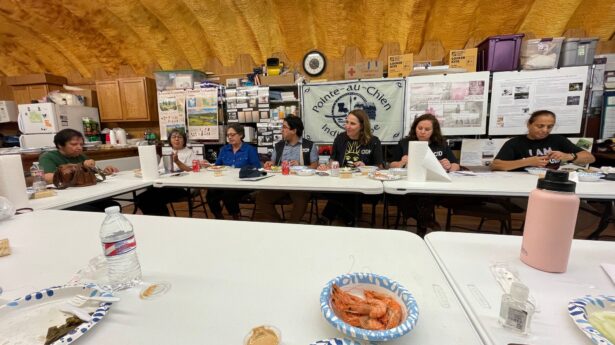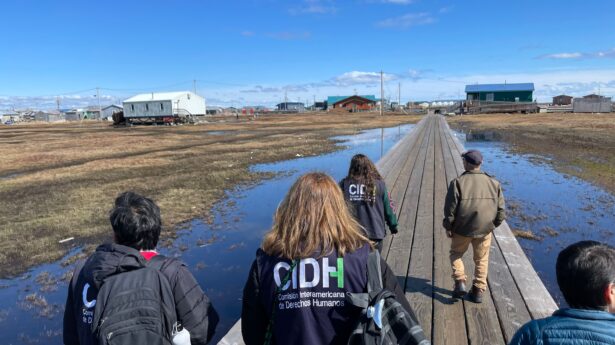The Unitarian Universalist Service Committee advances human rights through grassroots collaborations.
Indigenous Lives and The Climate Crisis: A Photo Essay Series (Part 1)
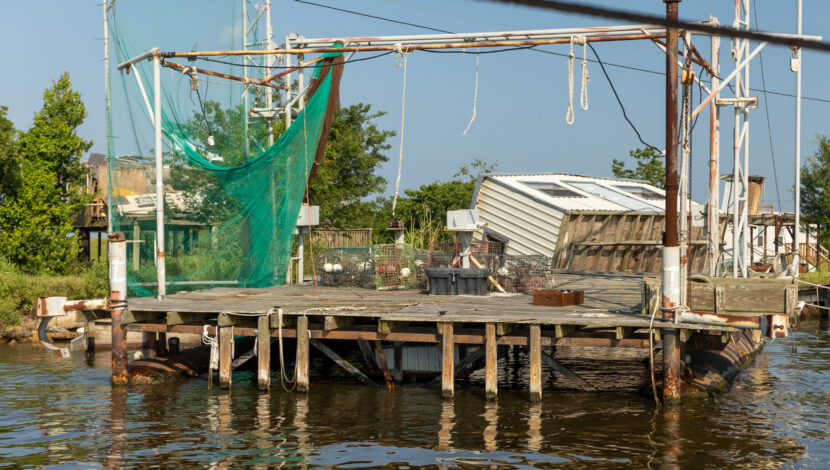
By Mike Givens on July 10, 2023
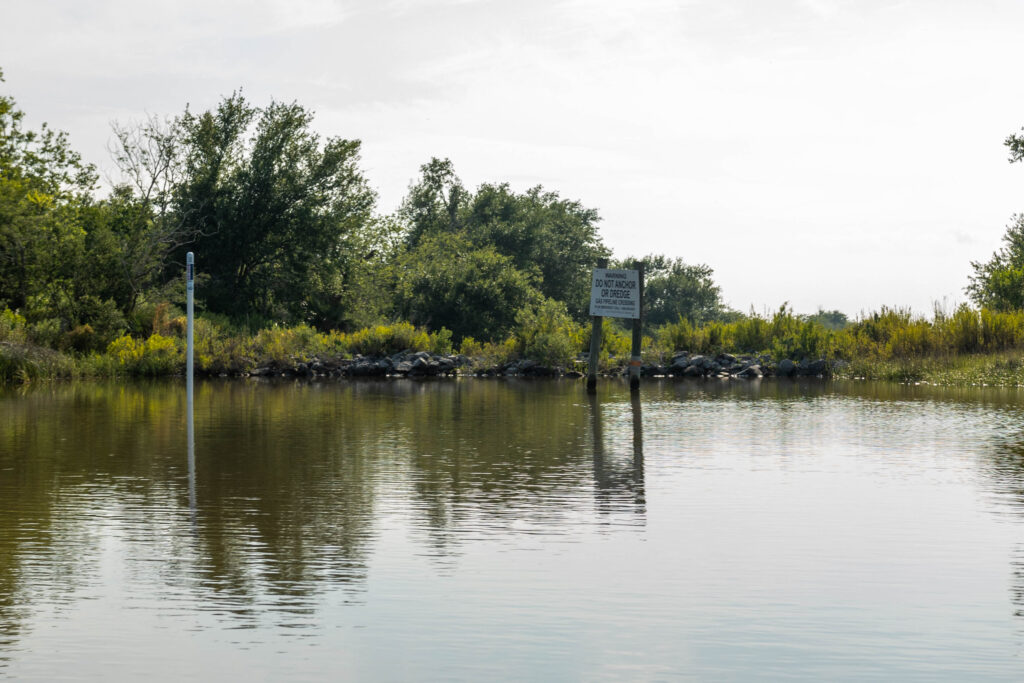
Native communities across the United States are helping to lead the global call for a definitive and effective response to climate change. Daily, Indigenous coastal communities—from California to Maine, Alaska to Nevada—live with the life-altering impacts of climate change. From subsidence (the sinking of land) to storms and sea-level rise, the effects of climate change irreparably alter entire communities, their cultures, economic prospects, living conditions, and so much more.
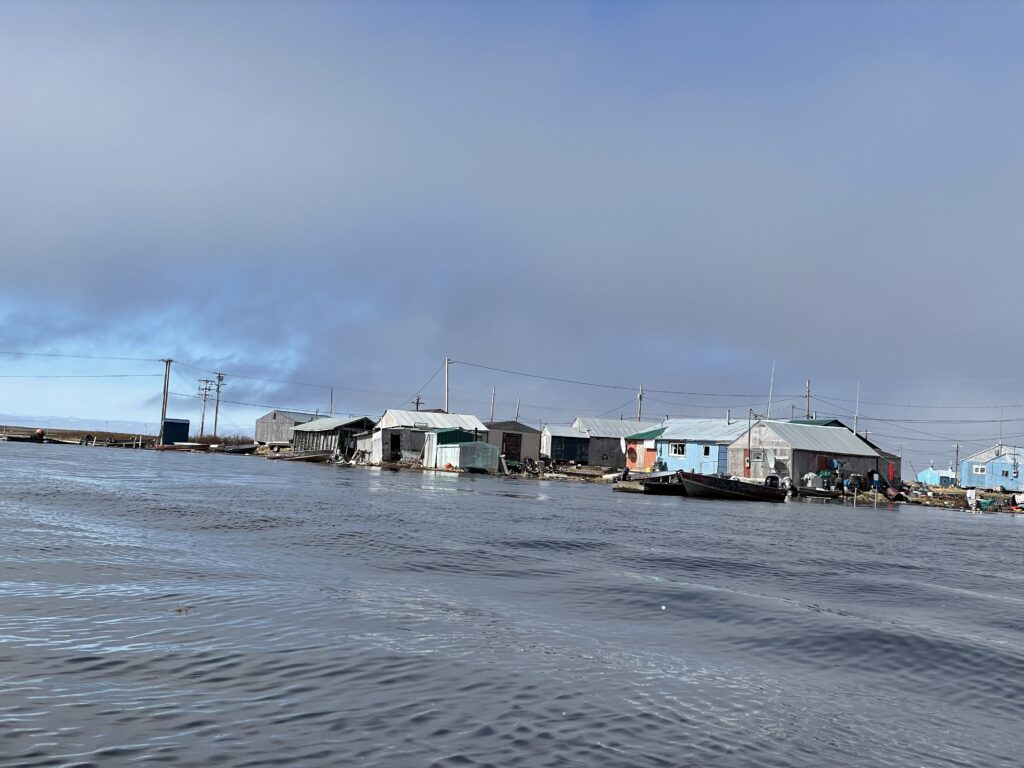
Several communities in Alaska and Louisiana took the initiative to reach out to an international human rights body with an urgent request: Visit their communities and learn firsthand about the climate change impacts they are experiencing—and the injustices they’ve lived through as a result.
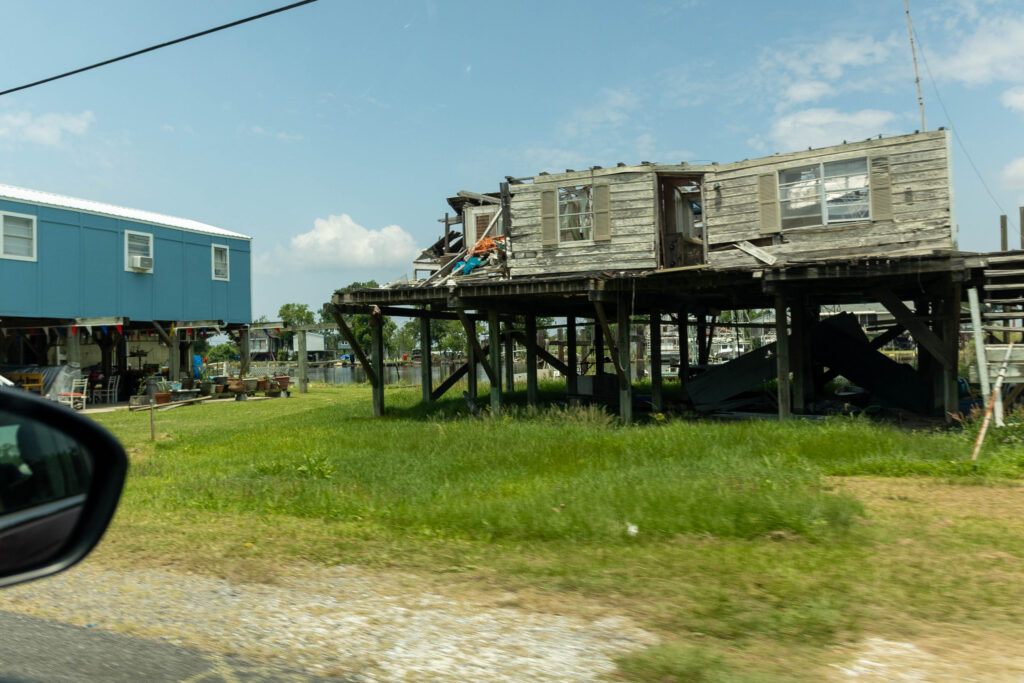
Earlier this year, an organization that investigates claims of human rights violations agreed to send a representative to both states to meet with Native communities, learn about how climate change impacts their lives, and document these facts and stories for a global audience.
What is the OAS and IACHR?
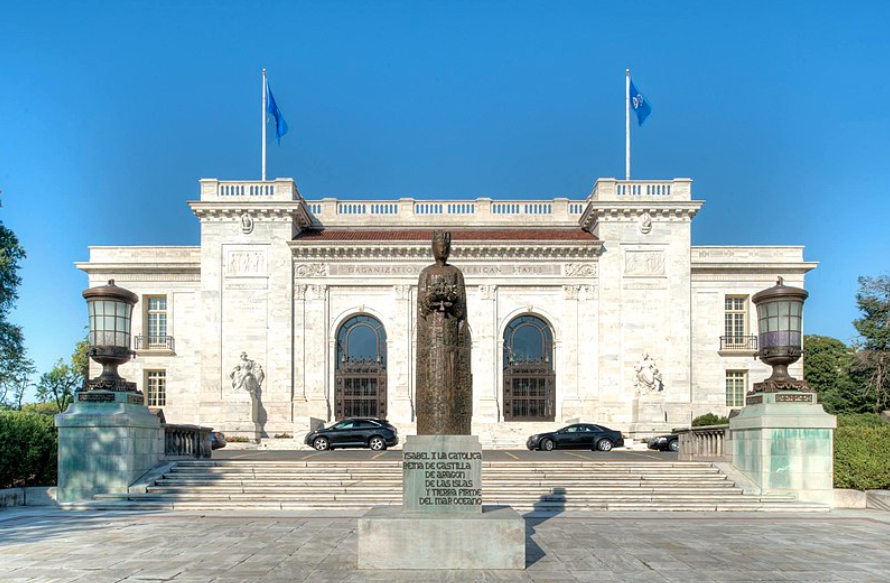
The Organization of American States (OAS) is a 75-year-old institution founded to bring together nations across North, South, and Central Americas to address conflicts and challenges faced by these countries. Twenty-one countries founded OAS in 1948 and the number of member nations has grown to 35. The purpose of OAS is to serve as a diplomatic and political convener for the Americas, navigating conflict, promoting solidarity, and encouraging collaboration.
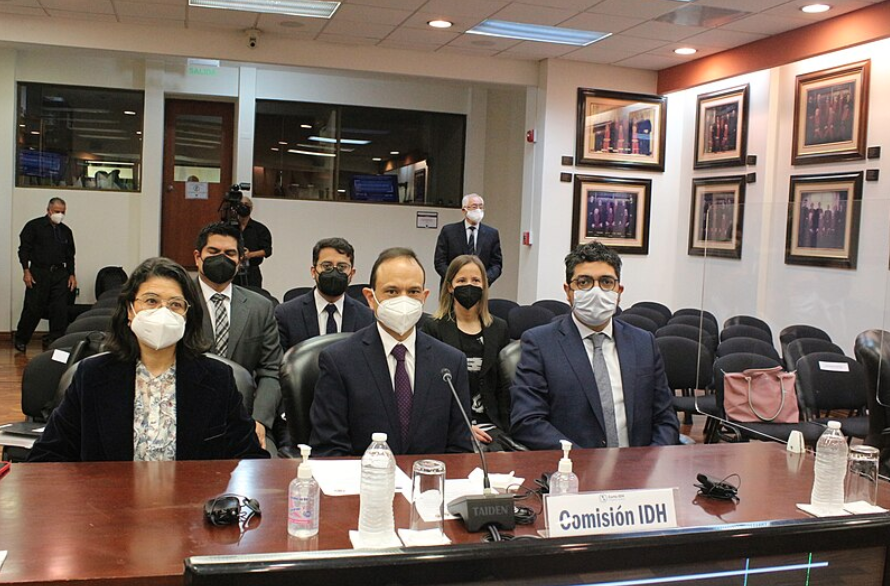
In the late 1950s, the OAS established the Inter-American Commission on Human Rights (IACHR) to serve as a human rights observer and documentarian for the member nations. There are 13 thematic human rights issues that the IACHR covers, from the rights of Indigenous peoples, women, and people in migration to the rights of older persons, people with disabilities, and those defending human rights.
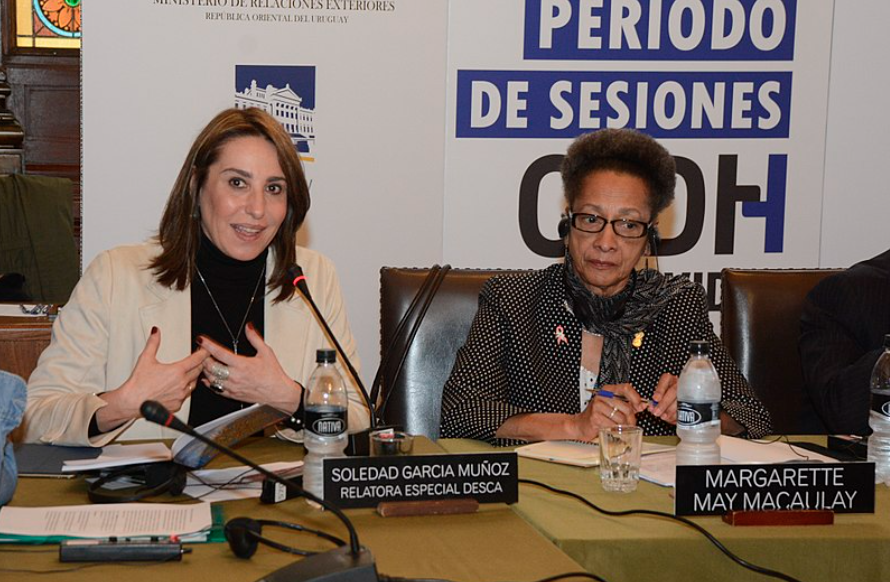
The Special Rapporteur on Economic, Social, Cultural, and Environmental Rights (REDESCA) was established in 2017 and heard an urgent request from Alaskan and Louisianan Native communities for support in addressing the human rights violations that accompanied the climate crisis. Earlier this year, the Special Rapporteur, Soledad García Muñoz, agreed to visit these communities and document their struggles. In May, she spent a week touring these coastal communities—first Louisiana, then Alaska—to understand what these communities are experiencing.
What’s Next?
In this three-part series, we will take a look at the visits and what the Special Rapporteur observed. We’ll also discuss next steps in the process and what this report means for these communities.
